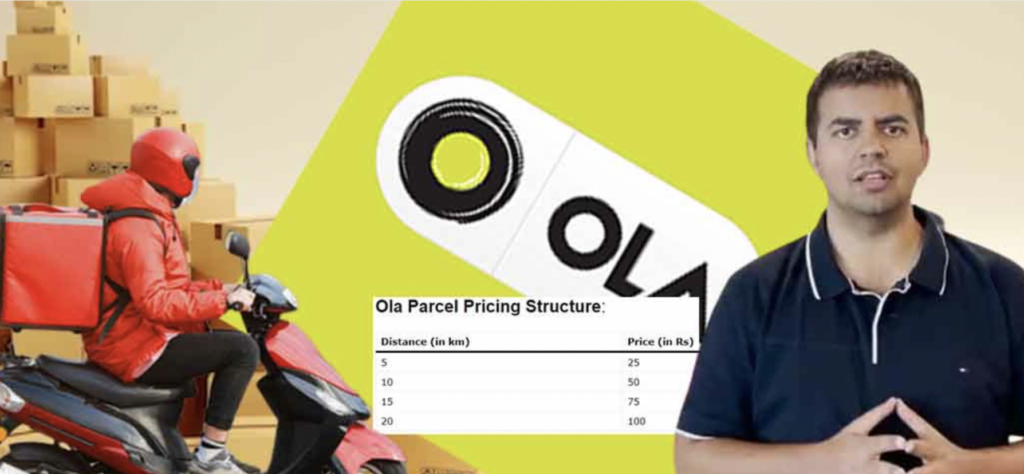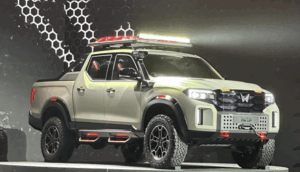ANI Technologies, the parent company of Ola Cabs, is reportedly planning to re-enter the quick commerce segment by setting up dark stores—warehouses dedicated to fulfilling online orders. According to a report by the Economic Times, these dark stores will leverage advanced automation, including robots, to minimize human involvement. Ola Cabs will manage the operations, and the company is also considering launching its own payment system for consumers.

Ola’s Strategic Move Amidst Ola Electric’s IPO Success
This strategic move comes on the heels of the successful IPO of Ola Electric, which recently closed on August 6. The Rs 6,146-crore IPO was subscribed more than four times on the BSE, with the retail portion alone being nearly four times oversubscribed. The price band for the IPO was set at Rs 72-76 per share.
Potential Announcement on Independence Day
Ola CEO Bhavish Aggarwal is expected to announce the company’s plans for the quick commerce segment during the annual Independence Day event on August 15, although the plan could change. A source quoted by the Economic Times described the dark stores as a service model, where automation plays a significant role, but human involvement will still be necessary.
Ola’s Previous Attempt and the Growing Quick Commerce Market
This isn’t Ola’s first foray into the quick commerce segment. The company launched Ola Dash in November 2021 but shut it down in June 2022, just a few months after its inception. Despite this, the quick commerce market is rapidly growing, with major players like Flipkart entering the space. Flipkart recently launched its quick commerce platform, ‘Flipkart Minutes,’ with delivery times ranging from 8 to 16 minutes in parts of Bengaluru.
Industry Trends and Competitive Landscape
Other companies, such as Bata India Limited, are also exploring opportunities in the quick commerce space. Bata, for instance, is in talks with quick commerce players to offer a 10-minute delivery service, which is expected to be activated soon.
This resurgence in quick commerce by major companies like Ola and Flipkart highlights the increasing demand for rapid delivery services and the fierce competition within the industry to capture market share.












